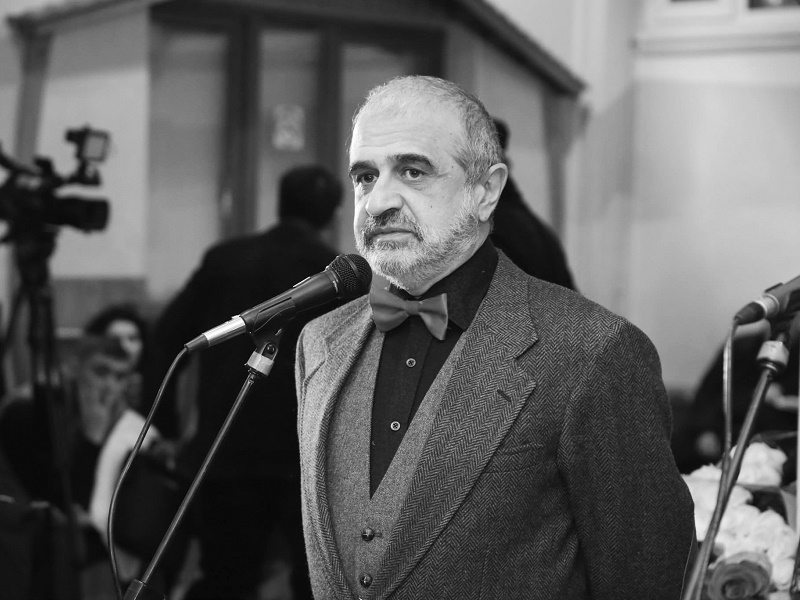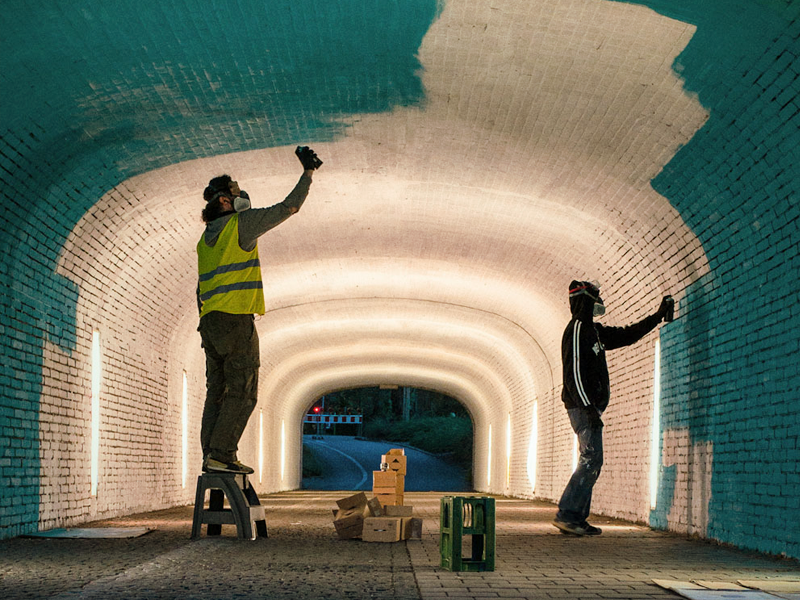
How to Heal the Theatre
Yerevan Puppet theatre after Hovhannes Toumanyan is one of the most established cultural centres in Armenia. It hasn’t stopped functioning even in energy crisis, on severe winter days when there were regular power cuts. The theatre takes most tours and for young artists in Armenia it is the place where they can express themselves and vent their creativity. The theater also targets adults with its unique performances.
“State support is imperative for theaters in any country; even in a country like USA where patronage and sponsorship are increasingly popular, theatres are those rare cultural institutions which also rely on state support”, says Ruben Babayan, the art director of the theatre, and states that the theatre and argues that one should not rely solely on state support, as it has more important issues to consider.
Ruben Babayan regrets that over its 25-year period of independence Armenia has not adopted any laws on sponsorship.
“It’s not only a matter of funding; one has to make art business-oriented for business people to support arts. This is significant not only in terms of funding arts but also promoting the role of art in society. Society likes following the lead of successful people. When it sees those people and organisations that have earned success in business lending their support to art, they have their value system reshaped. Very often we relate some issues to state funding but this leads to a fossilized state structure. Law states theaters to be state non-commercial organisations and this type of organisations are not subject to any flexible changes. Creative work implies other type of work relations, whereas theatres like structures pertaining to other spheres, function within the framework of the same labour code, entailing recruitment, probation period, contracting, payroll, etc. This kind of bureaucracy leads to the stagnation in creative industries where one needs to be as much free as possible in communication with people. Our legislative field is terribly ossified and there seems to be no visible difference between say sausage production and performing arts. Law on Procurement, for instance, does not consider the possibility of a theatre to produce exclusively. When we stage a performance, we do not go for the cheapest materials but for the required ones. Exclusive production should follow other rules and regulations.”
Ruben Babayan believes theatre stagnation to be due to the fixed payrolls and positions in the company.
“The experience of other theatres shows that those actors who are on several payrolls either do not play any roles in performances or play maximum one or two roles per month. They never get fired, though, to avoid social issues coming up. Unfortunately, the pension issues of people involved in creative industries have not been resolved yet. Nobody knows how long they will be able to use their creative potential but those artists excelling in performing talent should get a decent pay to be able to give the younger talented generations their place. Trade unions are just a lip service in our country and nobody respects the rights of creative industries workers.”
Read more at: http://en.aravot.am/2016/10/06/181923/




